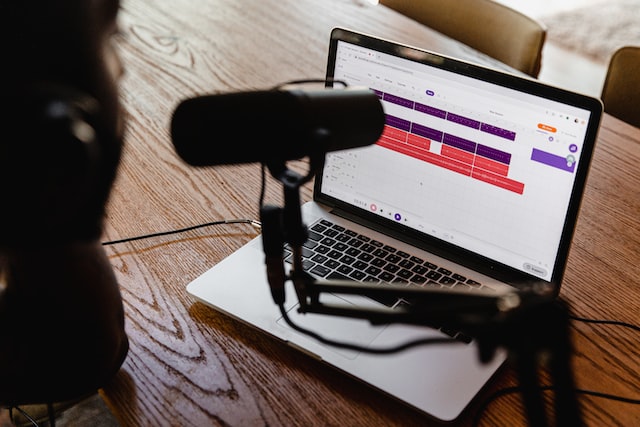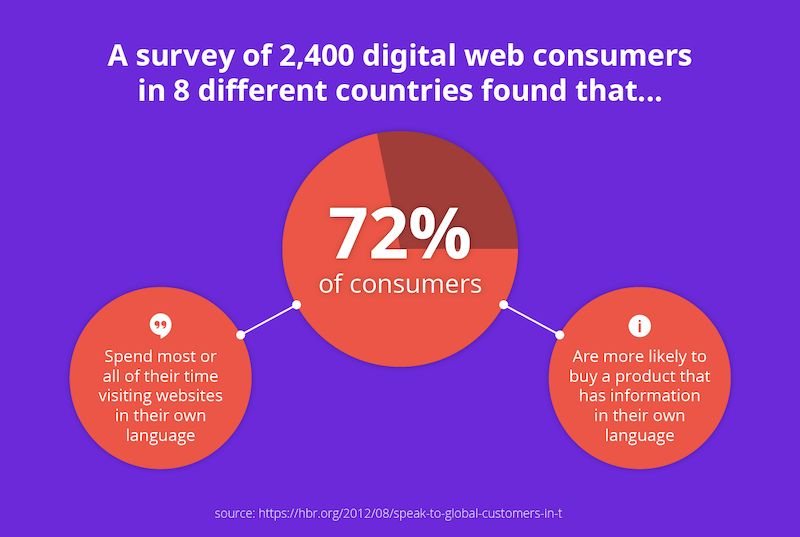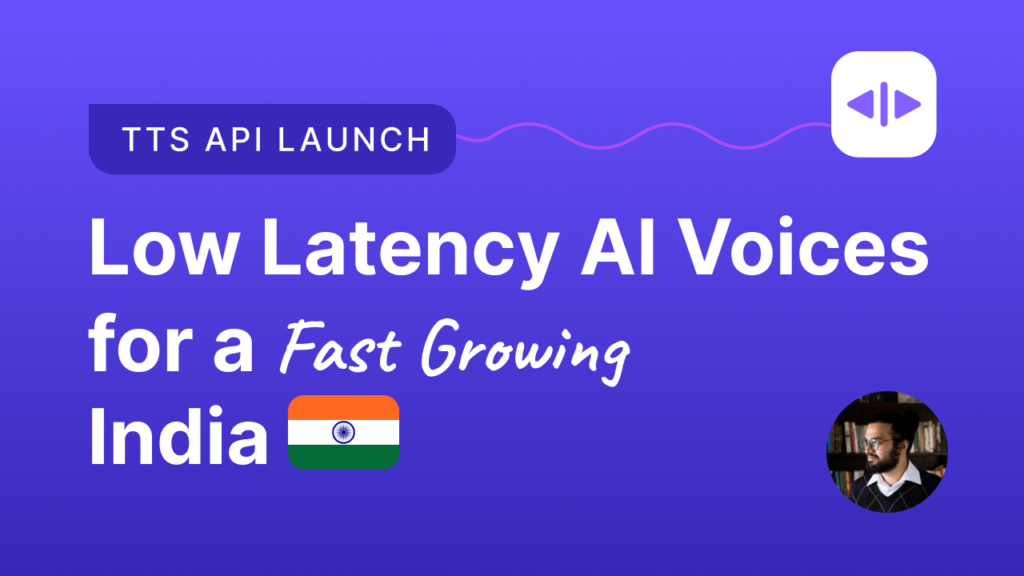What do you listen to while doing your weekly load of laundry? Or while washing the dishes? If you thought of your favorite podcast, you’re part of the 383.7 million global podcast listeners as of November 2022. But did you know that the countries with the fastest-growing podcast audience aren’t native English-speaking? These include China, Chile, Argentina, Peru, and Mexico, among others. So it’s no surprise that the trend for multilingual podcasts has accelerated in the past few years.
In March 2020, at the onset of the COVID-19 pandemic, a blog post in Harvard’s Nieman Lab pointed out how interesting it was that a true crime podcast called The Nobody Zone was immediately available in five languages. And the year before that, two huge U.S podcast platforms Wondery and iHeartMedia were among the early adopters of multilingual podcasts when they announced that podcasts would be available in more languages than just English. It’s clear that multilingual podcasts are a great way to leverage local audiences in different parts of the world. But how are podcasts accomplishing this?

How podcasters are expanding their audience by going multilingual
Here’s what successful multilingual podcasts are doing to tap into local audiences.
1. They transcribe their scripts
Having a written script for a podcast episode makes creating the multilingual version much smoother. There’s also the challenge of being discovered in a sea of content. With a transcript, search engines can understand the audio files you’re producing, and you create SEO opportunities to leverage search engine results. Although you could hire native linguists to transcribe your script to different languages, this might be costly and logistically challenging to do on a per-episode basis.
As an alternative, AI transcription can help. AI-based multilingual scriptwriting tools like the ones available with Dubverse can be beneficial for many reasons: no added cost of professional transcription services, the ability to edit what the AI puts out within an intuitive software, and an instantly produced transcription in the languages of your choosing.
2. They’re localizing their content
Translation is only half the work to successfully connect with listeners from different cultures. Investment in localization is an extremely lucrative means of connecting with new markets. Localization is the ability to be culturally relevant, over and above an accurate translation. Think of its significance like this: You’re likely not going to non-English speakers people coming back for more episodes if you draw inspiration solely from English-speaking cultures.

While not every creator needs to localise their content, most would benefit from it. To improve their podcast’s stickiness, good podcasters ensure each episode produced resonates with a local audience, whether this is through cultural references made via music or TV shows, language-specific jokes, or integrating regional dialect into the script. Localization can be incorporated through a deep understanding of the cultures you plan to reach with your content.
3. They’re using professional voice-over services
The precision of pronunciation in a non-English podcast plays a huge role in connecting with native audiences. But how can one afford multiple voice-over artists for every language they want to reproduce their podcast into? While some can make this investment, others can opt for AI dubbing. Multilingual AI dubbing is exactly what it sounds like: a human-sounding voice reading out a script in the language chosen. AI dubbing can make podcast production so much quicker, more accurate, cheaper, and more flexible for creators.
AI speakers at Dubverse, for instance, can be screened for tone, gender, age, and more, so that you can find the perfect ‘voice’ to rep your podcast in other languages. From empathic and conversational to serious and educational, you have over 100 speakers to choose from and a catalog of 30+ global languages to dub your podcast to. Our speakers will only get more precise in their pronunciation over time, as more multilingual content is created for them to learn more.
In a nutshell
As more people transition online with every passing month, podcasts have an opportunity to leverage their outreach to global audiences by going multilingual. This involves a keen understanding of the cultures podcast creators want to tap into, and a solid voice-over and transcribing service to support their production cycle.


